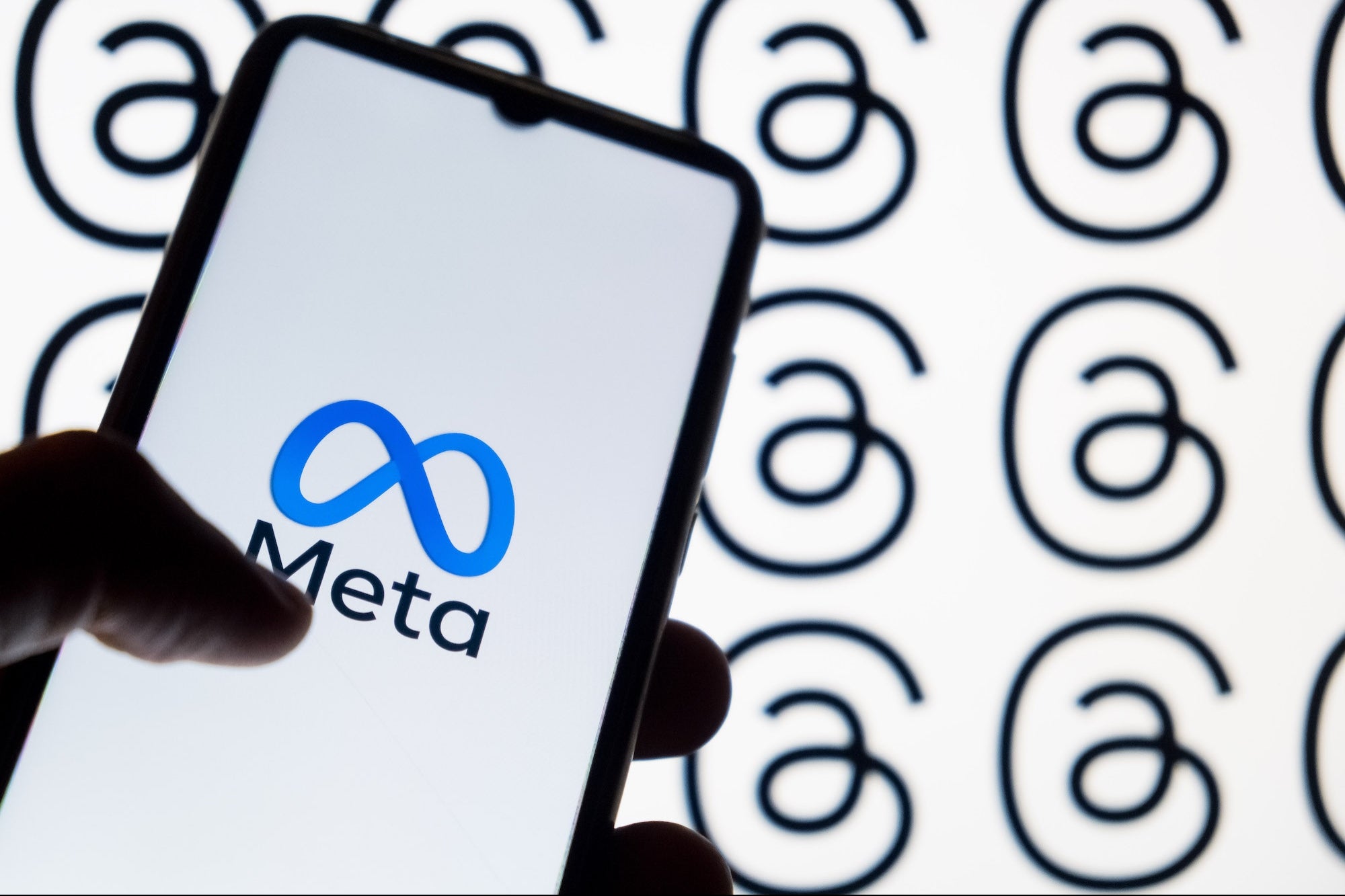What Does ROI Really Mean To Entrepreneurs? Return on investment should go beyond accounting – it's about what's really happening in your business, and if you're spending money on the right stuff.
By Ed Hatton •
Opinions expressed by Entrepreneur contributors are their own.
You're reading Entrepreneur South Africa, an international franchise of Entrepreneur Media.

Return on Investment or ROI is a percentage used to compare investment options or evaluate business plans. The formula is ROI = (Net Profit / Cost of Investment) x 100.
So, if you wanted to buy a business for R1 million and expected profits are R300 000, the ROI would be 30%. Among SMEs, the term ROI is widely used as an estimate of the likely return on the investment of non-financial as well as financial resources.
For instance, an entrepreneur could ask, "What return will I get from a new business campaign compared to potential losses from existing customers who feel ignored?" Typical investments are management time, floor space, quality upgrades, delivery capacity or scarce skills, and these are difficult to quantify in financial terms.
The return is not necessarily in cash either; market share, increased competitiveness, brand awareness and gaining first mover advantage are just some of the returns that may be hard to express in accounting terms.
But if it's all so difficult, why should you bother with ROI? Without a ROI estimate, you don't know if you're making best use of your people, time, machinery and know-how. Could you use all these to more effect on another opportunity? Opportunity cost is the return you would have made if you did something different, and you can only assess which would be better by having some form of ROI.
The right measurements
Few SMEs will have the resources to do exact costing on indirect costs and returns, so it pays to develop a few rules of thumb to put values to things like management time, customer satisfaction, staff motivation and other intangibles so you can do a rough ROI calculation.
Sales and marketing initiatives are typical uses of ROI. You may want to expand your sales force or develop a branch structure, but should you rather move to online sales or build a reseller channel?
You probably need to approve marketing campaigns to build your brand or gain incoming sales leads, and it's tough to choose the right ones.
You have limited funds to spend on sales and marketing, so it's wise to ask if you're getting the best ROI for each sales team, channel and marketing promotion. A ROI calculation helps to evaluate existing marketing initiatives or sales models, and choose the right new ones.
The same applies to products and product ranges. Which are giving you the best ROI when considering issues like technical support and inventories needed? We all have "old favourite' products that have served us well, but should we still be selling them? ROI could tell you.
Cost of products
Whether you manufacture or buy goods to sell, it's all too easy to keep things as they are. With rapidly rising costs and a very fast-changing environment, that is not always a smart idea. Questions you should be asking yourself include: What will give me the lowest overall cost of product, considering quality, reliability, speed of delivery and payment terms; which supplier gives me the most opportunity to maximise sales and what is the cost of being let down by a supplier?
Then examine alternative ways to get your products or raw materials. Long-term buying contracts, outsourcing manufacturing or sharing machinery and delivery vehicles may give you a much better return on investment. Many informal businesses form buying co-operatives to reduce their cost of sale.
ROI is a useful tool to assist decision-making. ROI in the informal sense, with some rules of thumb to make you think about the intangible costs and benefits means you can rely on reasonable information rather than having to fly blind. Thinking about return in the broader sense is a great way to make better decisions and build your business.












